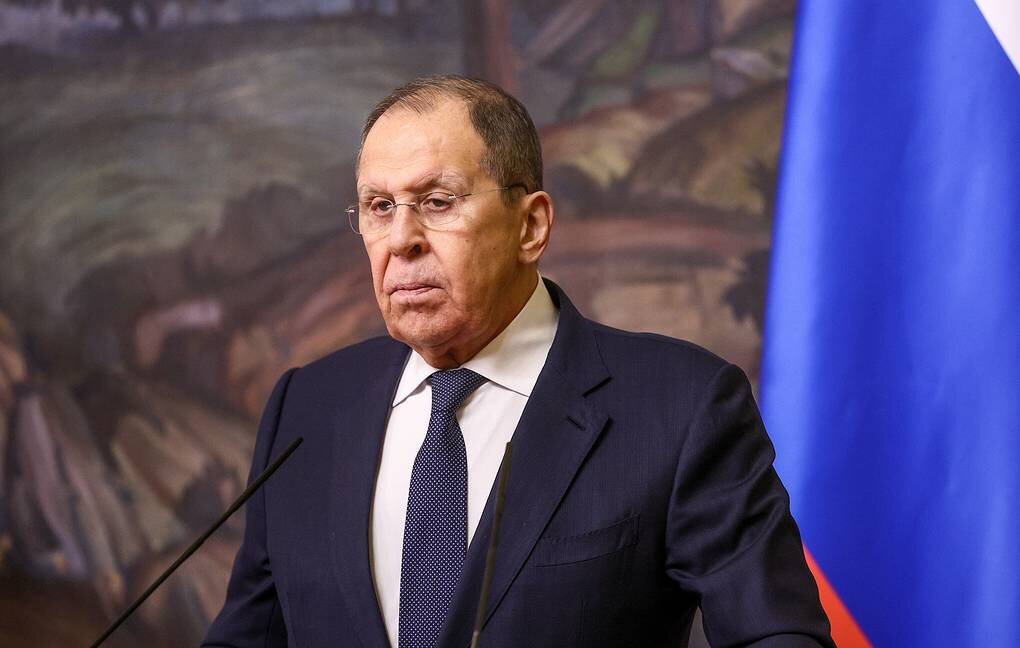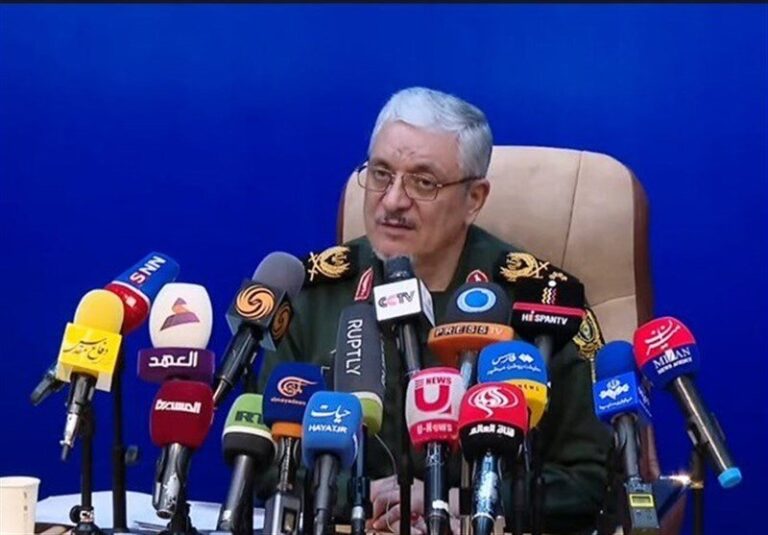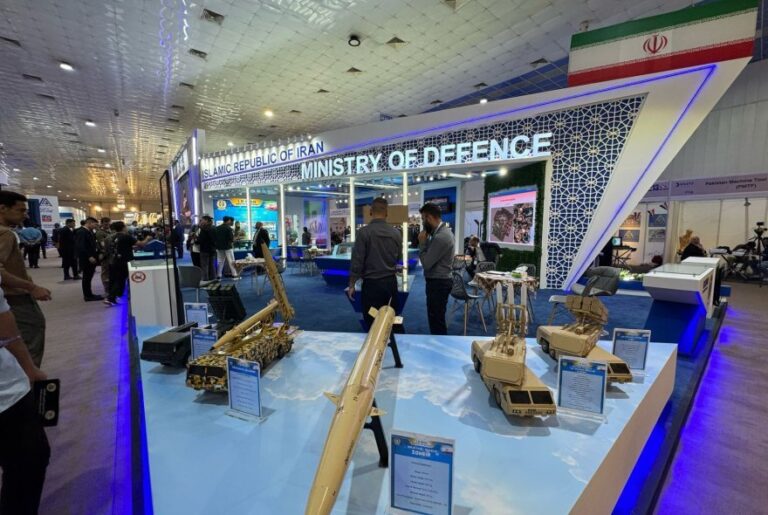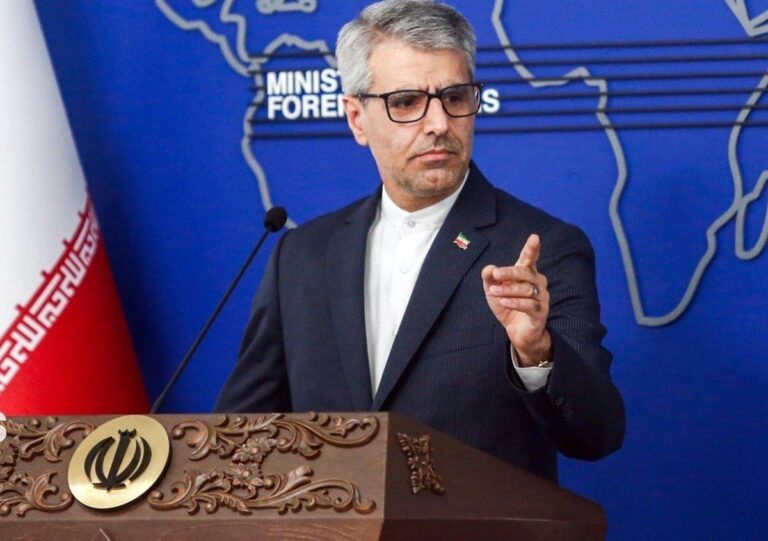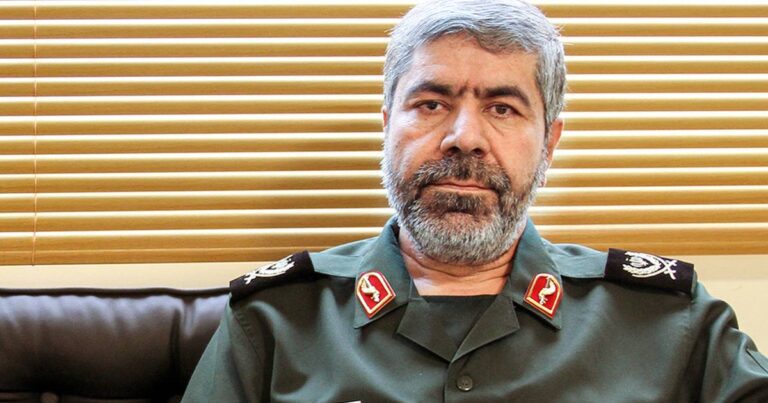Russia’s Lavrov Responds to Trump’s Global Trade War: Key Insights and Implications
In a recent address at the Antalya Diplomacy Forum in Turkey, Russian Foreign Minister Sergey Lavrov emphasized the importance of addressing the underlying issues that contribute to global conflicts, particularly the ongoing Ukrainian crisis. His statements reflect a broader perspective on conflict resolution that prioritizes understanding and eliminating root causes.
During the forum, Lavrov stated, “When we speak about eliminating root causes of any conflict, including the Ukrainian conflict, this is the only way to resolve the problem and to establish long-lasting peace. Remove root causes.” This assertion highlights the necessity of tackling the fundamental issues that fuel tensions rather than merely addressing the symptoms.
Lavrov also pointed out key historical decisions that have shaped the current geopolitical landscape. He remarked, “President Trump was the first and so far, I think, almost the only one among the Western leaders who repeatedly, with conviction, several times stated that it was a huge mistake to pull Ukraine into NATO. And this is one of the root causes which we quoted so many times.” This statement underscores the complexity of NATO’s involvement in Ukraine and its implications for regional stability.
Key Points from Lavrov’s Address:
- Focus on Root Causes: Emphasizing the need to identify and resolve the fundamental issues behind conflicts.
- NATO’s Role: Criticism of NATO’s expansion and its impact on Ukraine’s geopolitical situation.
- Historical Context: Recognition of past decisions that have led to ongoing tensions.
Lavrov’s comments come at a time when the world is increasingly aware of the complexities surrounding the Ukrainian conflict. Understanding the historical context and the motivations of various parties involved is crucial for any meaningful dialogue aimed at peace.
In the international arena, the dialogue surrounding Ukraine often centers on the implications of NATO’s actions. Lavrov’s assertion that Trump’s perspective on NATO’s involvement is significant reflects a broader concern among some nations that Western policies may exacerbate tensions rather than alleviate them.
The call for a comprehensive approach to conflict resolution is not unique to Lavrov. Many diplomats and analysts advocate for solutions that go beyond immediate political maneuvers to include economic, social, and cultural considerations. By addressing the root causes of conflict, stakeholders can work toward sustainable peace rather than temporary fixes.
Importance of Dialogue and Diplomacy:
- Engaging All Parties: Effective diplomacy requires the involvement of all stakeholders to ensure that diverse perspectives are considered.
- Long-Term Solutions: Addressing underlying issues can lead to more stable and lasting resolutions.
- Building Trust: Open dialogue fosters trust and cooperation among nations, essential for peacebuilding.
As discussions continue regarding the future of Ukraine and its relationship with NATO and other global powers, the insights shared by Lavrov serve as a reminder of the challenges that lie ahead. The path to peace is often fraught with obstacles, and a commitment to understanding the root causes of conflicts is vital.
In conclusion, Lavrov’s participation in the Antalya Diplomacy Forum and his statements regarding the Ukrainian conflict encourage a reevaluation of current strategies employed by nations worldwide. By focusing on the root causes of conflicts, the international community can work collaboratively toward establishing a more peaceful and stable future.
Ultimately, the dialogue surrounding the Ukrainian conflict will require careful navigation of historical grievances, political ambitions, and the aspirations of the Ukrainian people. The insights presented by Lavrov highlight the need for a comprehensive approach that prioritizes peace, understanding, and cooperation.
As the situation evolves, it will be essential for leaders across the globe to engage in meaningful discussions that aim to resolve conflicts at their core, ensuring that future generations inherit a more peaceful world.
